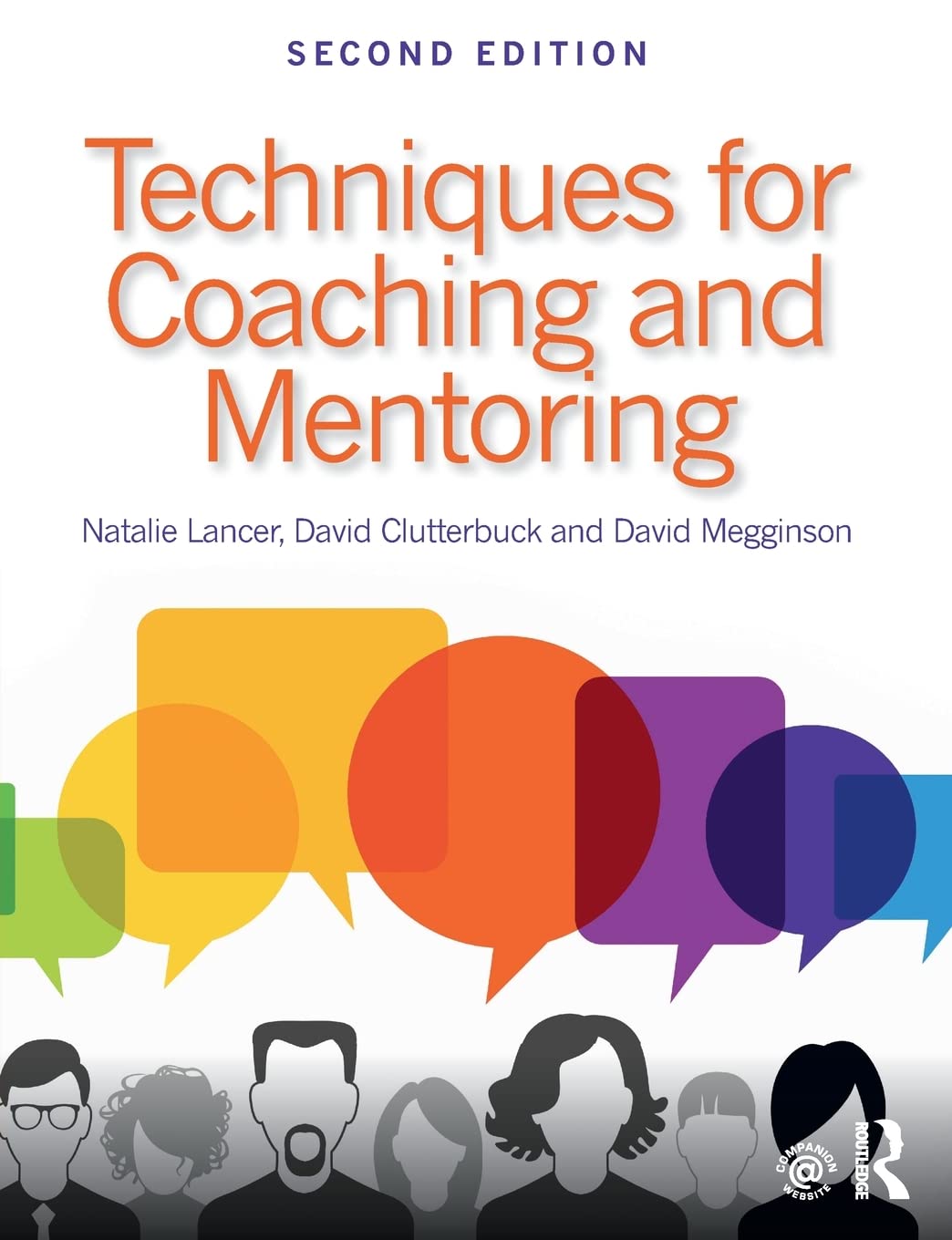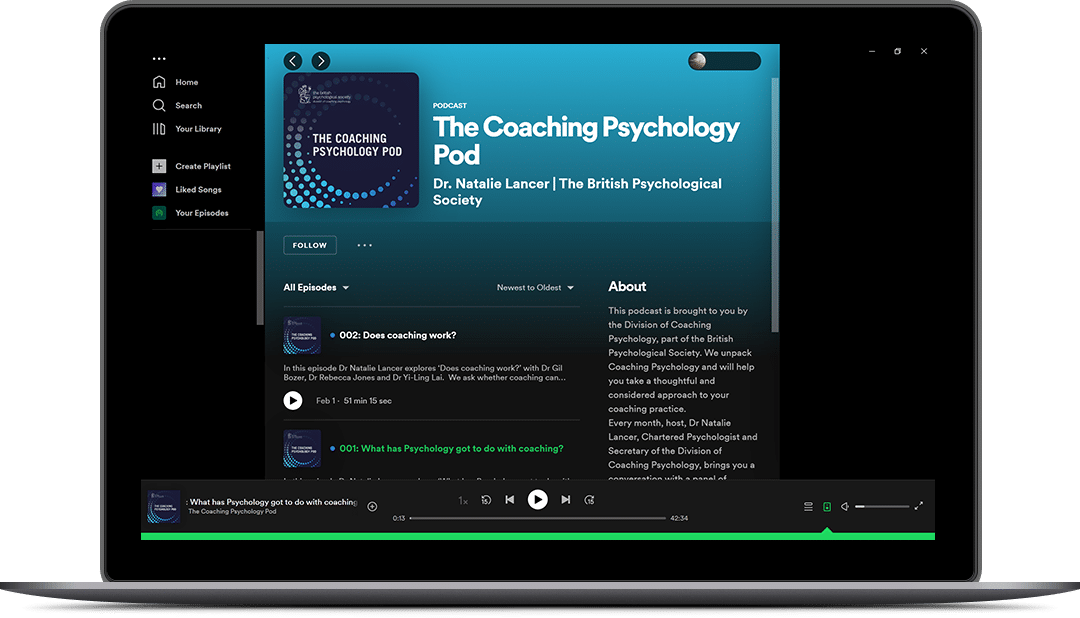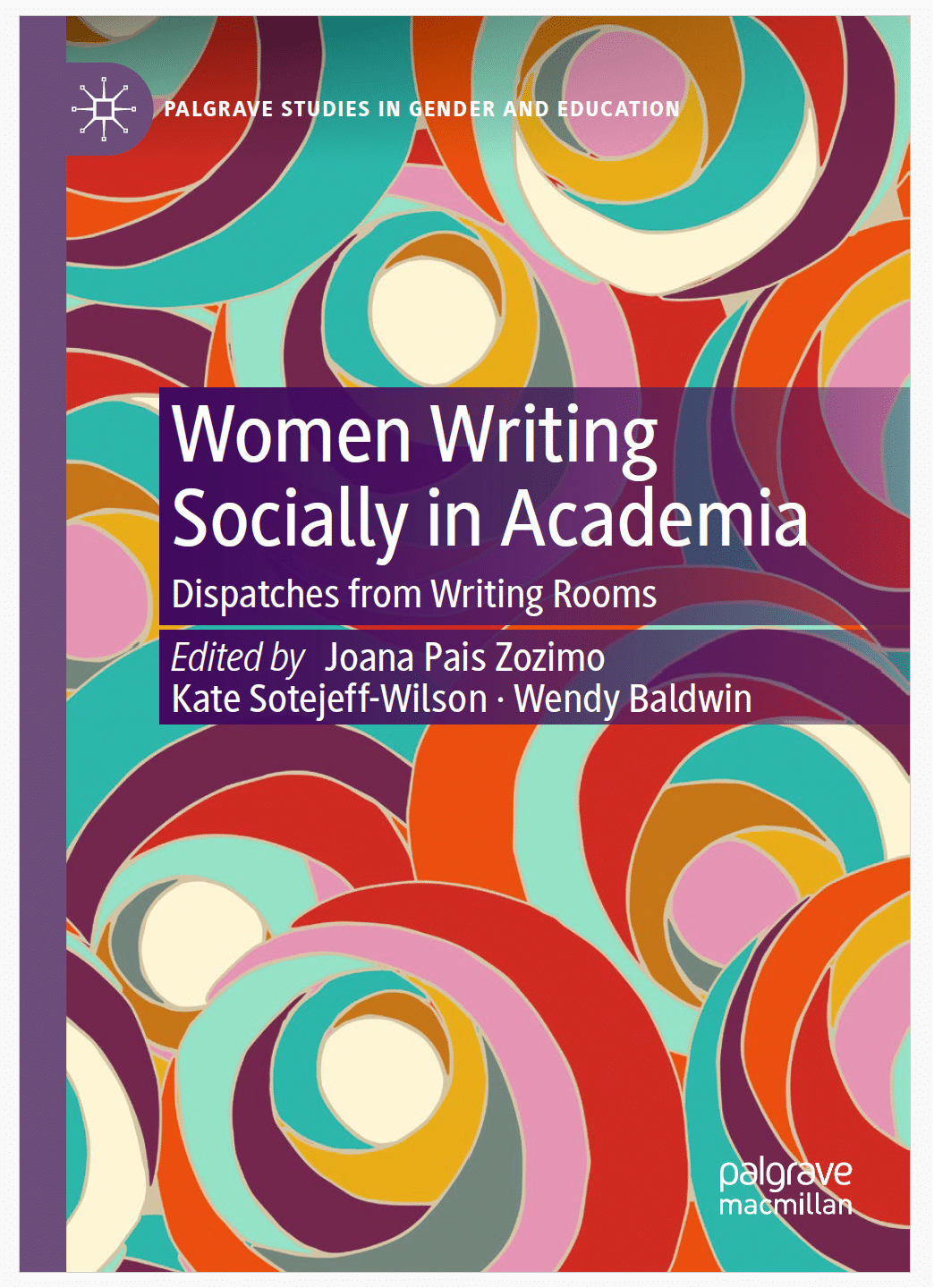Dr Natalie Lancer’s Useful
books
& resources
Dr Natalie lancer’s latest Thought Pop
CYCLES OR SPIRALS?
When we have achieved a goal, whether that is finishing writing a book, doing a course, securing a promotion, getting our children to fly the nest, we can sit on our laurels for a few weeks or even months. However, we get a gradual creeping feeling of ‘what next?’. End goals do not satisfy us once attained; they provide limited satisfaction. I barely glance at the certificates on my wall or the books I have written, despite the Herculean effort it took to bring them into existence. Are we doomed, like the mythical Ancient Greek Sisyphus, eternally to haul a massive boulder up a hill only for it to fall back down again, forever onto the ‘next task’?
Rather than seeing Sisyphus as condemned, Albert Camus interpreted this myth differently. He contended that life is full of absurdity (what are the boulders that you push up, knowing they will come down?). He argued that Sisyphus was, in fact, happy because the “struggle itself towards the heights is enough to fill a man’s heart.” In modern parlance, this can be translated as focusing on the journey, not the destination.
Like Sisyphus, our tasks are never finished. Any person who has ever dyed their hair or engaged in any type of bodily maintenance knows these activities will need to be regularly repeated. There will never be one workout that means we are fit forever. Life is a constant ‘keep going’. However, we can control the spirit in which we keep going. Are we making these cyclical tasks such as cooking food or going on walks meaningful, or seeing them as necessary, mundane parts of life? Since we know these tasks are on repeat, can we do anything to make them more efficient, more enjoyable, more sociable or more community-focussed?
When we stop and think about these cyclical processes, we can make deliberate decisions about how best to engage with them. We can reflect on how we have done them in the past and how we would prefer to do them in the future. We can experiment with making changes. We can stockpile our previous learnings and purposefully apply them to these tasks. By doing so, we transform cycles into spirals, not mindlessly doing the same things over and over again, but intentionally making decisions and imbuing meaning into our life tasks, gaining more and more from them over time. When and how are you going to turn your cycles into spirals?
*Note – Although I like the alliteration of ‘cycle’ and ‘spiral’, I have been reliably informed that a ‘helix’ is, in fact, a more accurate description of the image I had in mind.
Books
Women Writing Socially in Academia
Dispatches from Writing Rooms
This book offers a multifaceted perspective on social writing in a volatile, uncertain and complex world. It meets the need to enable women’s capacity, especially in academic settings, to structure their own writing practice and that of others in the community. It expands current research on social writing beyond its core context in English-speaking countries to multilingual contexts from Portugal to Finland, identifying fruitful areas for interdisciplinary research, nexuses of social practice, and strategies for situated social learning through a feminist lens, bringing women from the margins to the centre. As the average woman academic with children is losing an hour of research and writing time every day in the aftermath of the Covid-19 pandemic, the impact of which will be felt for decades, the book purposefully entwines these polyphonic voices to tell the story of a writing retreat as a space for leadership and empowerment.

Techniques for Coaching and Mentoring
2nd Edition
Techniques for Coaching and Mentoring is an invaluable resource for professional coaches and mentors looking to enhance their practice, and for students of coaching and mentoring.

Tuesday Evenings 8pm – 9:30pm
We meet three Tuesday evenings a month on Zoom, to write, read, think and plan.
We work together in companionable silence for a stretch of time and then have a short break, chatting and having tea/coffee. Then we work again and so on.
It is a wonderful way to get some bulk work done in friendly company.
Friday Mornings 8am – 9:30am
We meet three times a month to write, read, think and plan. We work together in companionable silence for a stretch of time and then have a short break, chatting and having tea/coffee. Then we work again and so on. It is a wonderful way to get some bulk work done. You get the added bonus of feeling smug that at by mid morning you have done something productive and you feel energised for the whole day.
Brain Fuel Breakfasts cost £12 a month. Just drop in when your schedule allows.
The Coaching Psychology Pod

This podcast is brought to you by the Division of Coaching Psychology, part of the British Psychological Society. We unpack Coaching Psychology and will help you take a thoughtful and considered approach to your coaching practice.
Over the last three years, host, Dr Natalie Lancer, Chartered Coaching Psychologist and Former Chair of the Division of Coaching Psychology, facilitated conversations with a panel of selected experts where we talk about specialised coaching topics that will directly impact your work as a coach.
As you are listening, to find out more, head to the Division of Coaching Psychology’s webpage on the British Psychological Society’s website.
We would love to hear your thoughts and reflections on the podcast. Please email us at natalie@natalielancer.com
free resource
- How does engaging in CPD and supervision give you an advantage as a coach?
- Is there a way to find and strengthen our unique voice as a practitioner?
- Can CPD and supervision support your business development and coaching practice?
Download the eye-opening, reflective exercises in the FREE CPD-Supervision Advantage Workbook to advance your business and keep your work fresh, ethical, and deeply fulfilling.
Say Hello!
You can always directly email me on natalie@natalielancer.com


